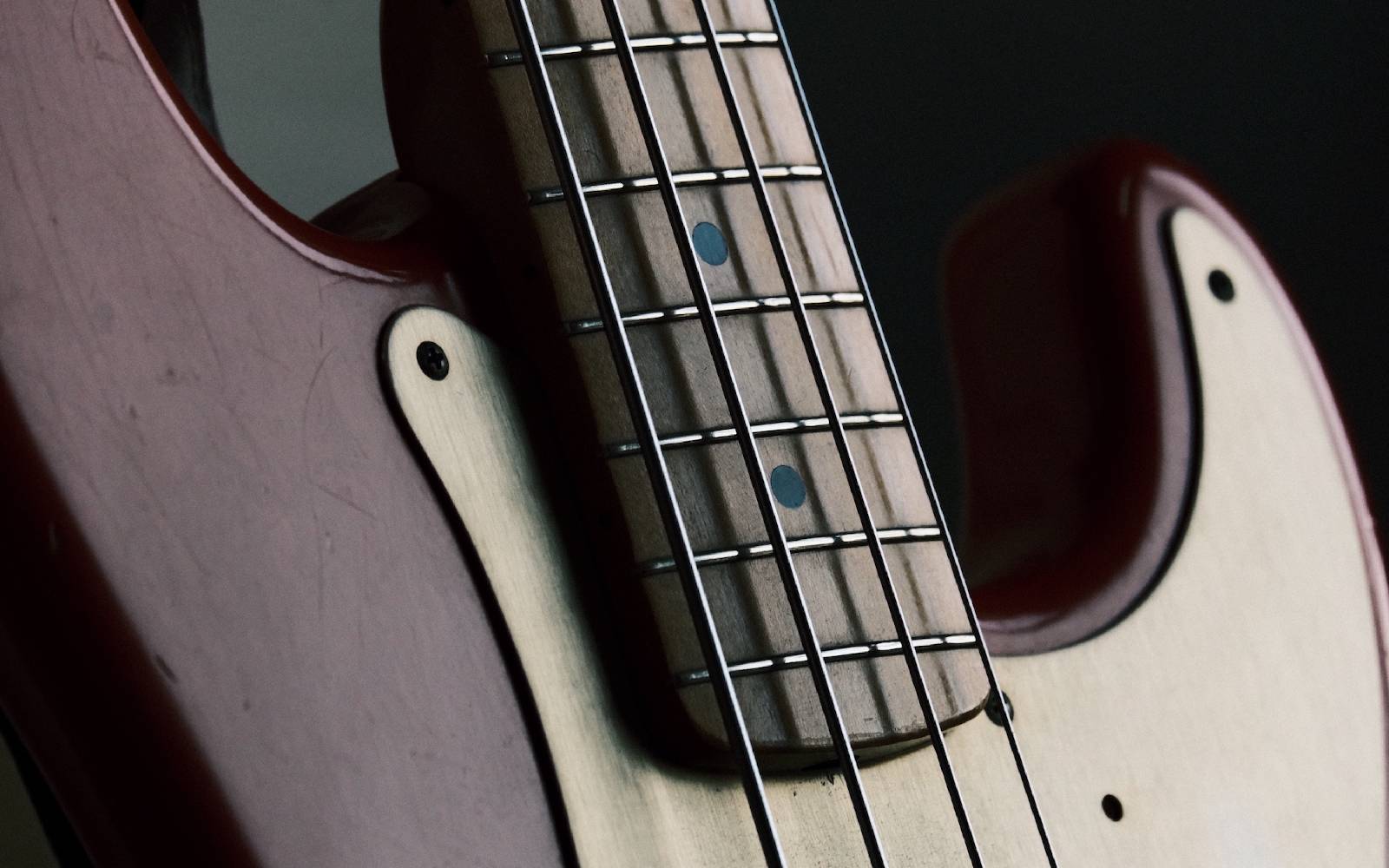Welcome to the world of rhythm, our friends.
So you’ve decided to play the bass guitar, great! You’re filled to the brim with inspiration, motivation and excitement. Now what? It won’t be as easy as it looks in the movies, you know that, but how best to get yourself off on the right foot?
When learning a musical instrument, it can be really important to start strong, and set yourself up with good technique, as undoing the muscle memory later is really difficult. But first, you’ll need a bass guitar.
Read up on all the latest features and columns here.
Obviously this is dependent on your budget, and whilst you don’t particularly need anything fancy to start out (great if you can afford it/do have something higher level though) it’s important to get gear that works and won’t hinder your learning. I’d try a buy a brand name instrument from an actual music store for a number of reasons. Firstly a brand name bass (Fender, Yamaha, Ibanez) has some reputation behind it and should be reliable and of a certain quality. Secondly, buying from a store should mean the instrument has been checked (and hopefully setup) to a good playable standard in terms of action and intonation, as well as including a warranty if anything does go awry!
These factors alone are worth their weight in gold. Beginner bass players need all the help they can get and if your instrument isn’t in tune, won’t stay in tune or has bad action (high or low) this makes starting out all that bit harder!
It’s also important to decide what kind of bass player you ant to be, and the music you wan to play. Should you get a four or a five string? Active or passive pickups? Short scale? Acoustic or electric? Frets or fretless?
These terms might sound like jargon right now, but they’re a great jumping off point—so get Googling! Another great place to start is by checking out the basses used by your favourite bands and musicians. While admittedly the pro level stuff might be out of reach right now, it’s good to get a vibe from your heroes and start there.
Get a good teacher
“I’ve got the internet and a few mates that play, why do I need a teacher?”
With the amount of resources available online this sort of thinking is becoming more and more prevalent. No doubt you could learn plenty of things from the internet and friends but for my thinking you can’t beat the guidance and knowledge of a good teacher. A teacher will be able to see your strengths/weaknesses and adjust accordingly as you go and they will know how much information to give you at any one point. Online learning can be seriously overwhelming – where do you start? Is it sequential? How long do I work on certain topics for? A good teacher will give you appropriate theory/technical work/pieces to work on (e.g., not starting with a ridiculously intricate slap piece on lesson one!) and should inspire, motivate and keep you on track.
Develop a practice routine
It may sound obvious but you wouldn’t believe how many people expect results without putting in any effort! Consistency is the key here. Regular practice is much better than big chunks every so often as it keeps things fresh both mentally and physically. Of course the more time you can commit the quicker you will see improvement, but even smaller practice time allocations at regular intervals will yield results. Within your practice routine make sure you are covering all the topics you need to and spend time on the areas that are giving you trouble. A lot of people just practice the parts that come easy to them and wonder why they aren’t improving.
Get it off the page
This practice technique refers to memorising songs, rhythms and melodies you might be playing. It’s common to learn something off a tab, sheet music or written notation, but the faster you can commit it to memory, the faster you can focus on the technique and performance. Read the music as you play along, or fumble through, but try your best to commit it to memory an practice with the page in front of you.
Your focus has a limit and if you’re thinking about reading rather than playing, you’re doing yourself a disservice!
Start a band
While you might think this is years away, jumping in the deep end can be a great way to push yourself. You don’t need to be gigging, group chatting or printing merch, but just jamming and letting yourself sink or (hopefully!) swim can teach you a lot about your playing. Especially when paired with a drummer, it can be good to just jam and mess around, writing simple little rhythms and practicing playing them together. Practicing alone is all well and good—but the point is to play with others, right?
Playing with another musician is a whole other ball game, and you’ll be surprised how quickly you pick things up!
Anyway, just some thoughts on how to start out on bass guitar (or any instrument). Of course you want it to be interesting and fun, but hard work and regular practice is needed to get there and you’ll then have lots of fun when you can start playing more advanced pieces/licks/techniques. There’s no downside to getting good at playing your instrument.
Our friends at Fender have a huge range of lessons on bass guitar and more available at Fender Play.

